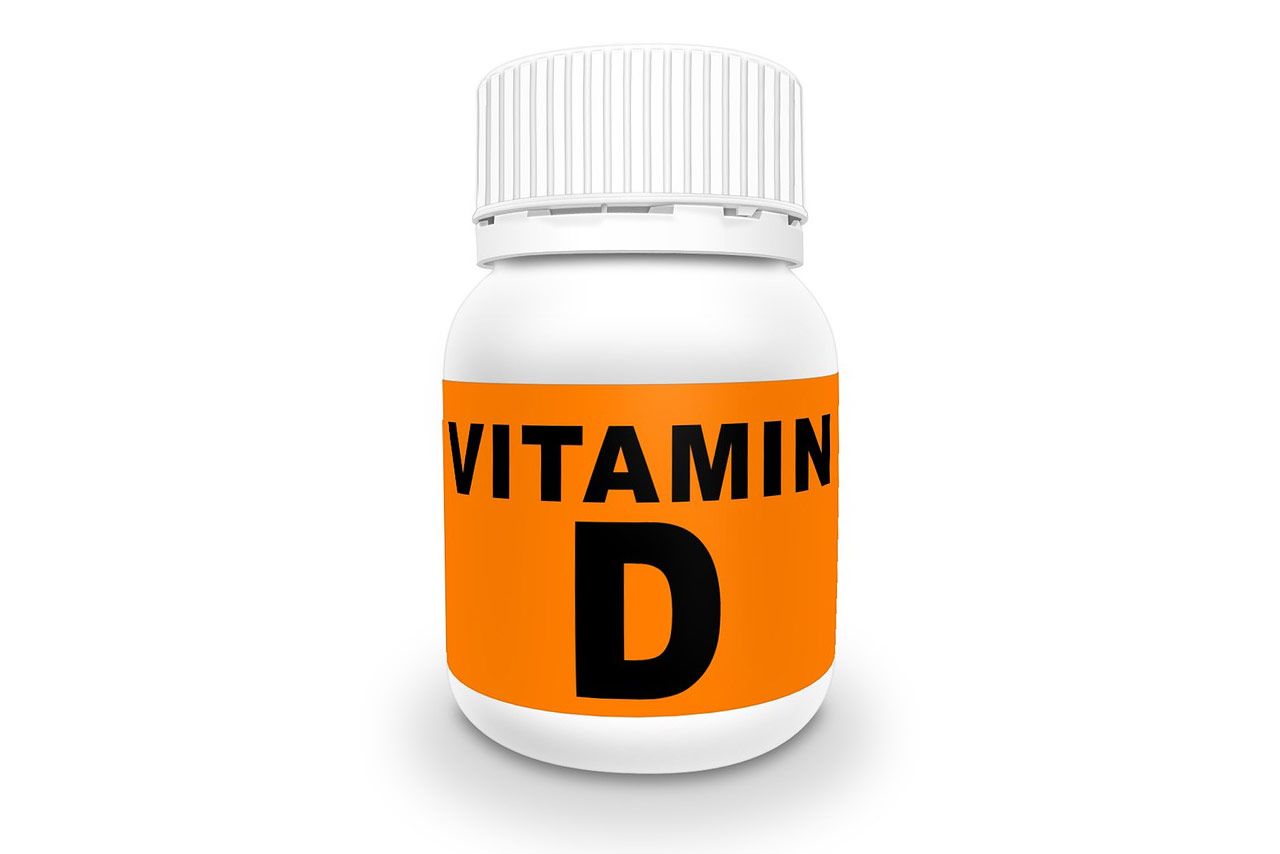A review of research studies involving Vitamin D, recently published in theLancet, suggests that this essential nutrient may not be helpful in preventing cancer, diabetes, or heart disease (Autier, Boniol, Pizot, & Mullie, Dec 6, 2013). The researchers reviewed studies which had evaluated the effect of serum Vitamin D levels on health outcomes, and concluded that low Vitamin D levels found in people with health outcomes like cancer, diabetes, and heart disease, may simply be a symptom of those particular diseases. They also surmised that excess supplementation with Vitamin D may not help prevent these diseases from occurring.
While this is an interesting finding, it would be unfair to jump to the conclusion that taking Vitamin D has no benefit. First, there is a huge body of evidence suggesting that Vitamin D supplementation is in fact beneficial in disease prevention for people who are deficient. Groups prone to Vitamin D deficiency are children, pregnant and breastfeeding women, the elderly, people with dark complexions, and those lacking exposure to sunlight due to the latitude at which they live (people north of the 37th parallel do not receive enough UV light from October thru April,) (Harvard Medical School, 2008) the amount of pollution in the air, or who cover their faces and arms all day every day with clothing or sunblock.
Second, the review included only 34 interventions averaging no more than about 80 participants each. Most of these were pilot studies to assess the feasibility and necessity of conducting similar, large-scale studies.
Third, Vitamin D has been widely researched as to its benefit in maintaining healthy bones – so much so that this review focused only on studies of Vitamin D not related to bone health. Vitamin D is necessary for the proper usage of Calcium in bone maintenance, and is therefore, essential for skeletal growth and prevention of diseases like osteomalacia and osteoporosis.
So what’s the take-away message of this study?
- More long-term intervention studies are needed in order to determine whether Vitamin D supplementation is beneficial as preventative medicine for a multitude of diseases.
- Vitamin D supplementation is still proven beneficial for maintaining healthy bones, and beneficial in immune support for kids.
- Many are at risk of Vitamin D deficiency, and may therefore benefit from Vitamin D supplementation.
To maintain healthy bones, a supplement containing 800-1000 IU Vitamin D is recommended per day. If you are at risk of a deficiency, say you live in the Northern United States, you may want to add an additional 1000-4000 IU per day to your supplement regime, especially in the fall and winter.
Sources
- Autier, P. M., Boniol, M. P., Pizot, C. M., & Mullie, P. P. (Dec 6, 2013). Vitamin D Status and Ill Health: A Systematic Review. The Lancet, 70165-7.
- Harvard Medical School. (2008, Sept). Time for More Vitamin D. Retrieved from Harvard Health Publications: http://www.health.harvard.edu/newsletters/Harvard_Womens_Health_Watch/2008/September/Time_for_more_vitamin_D

